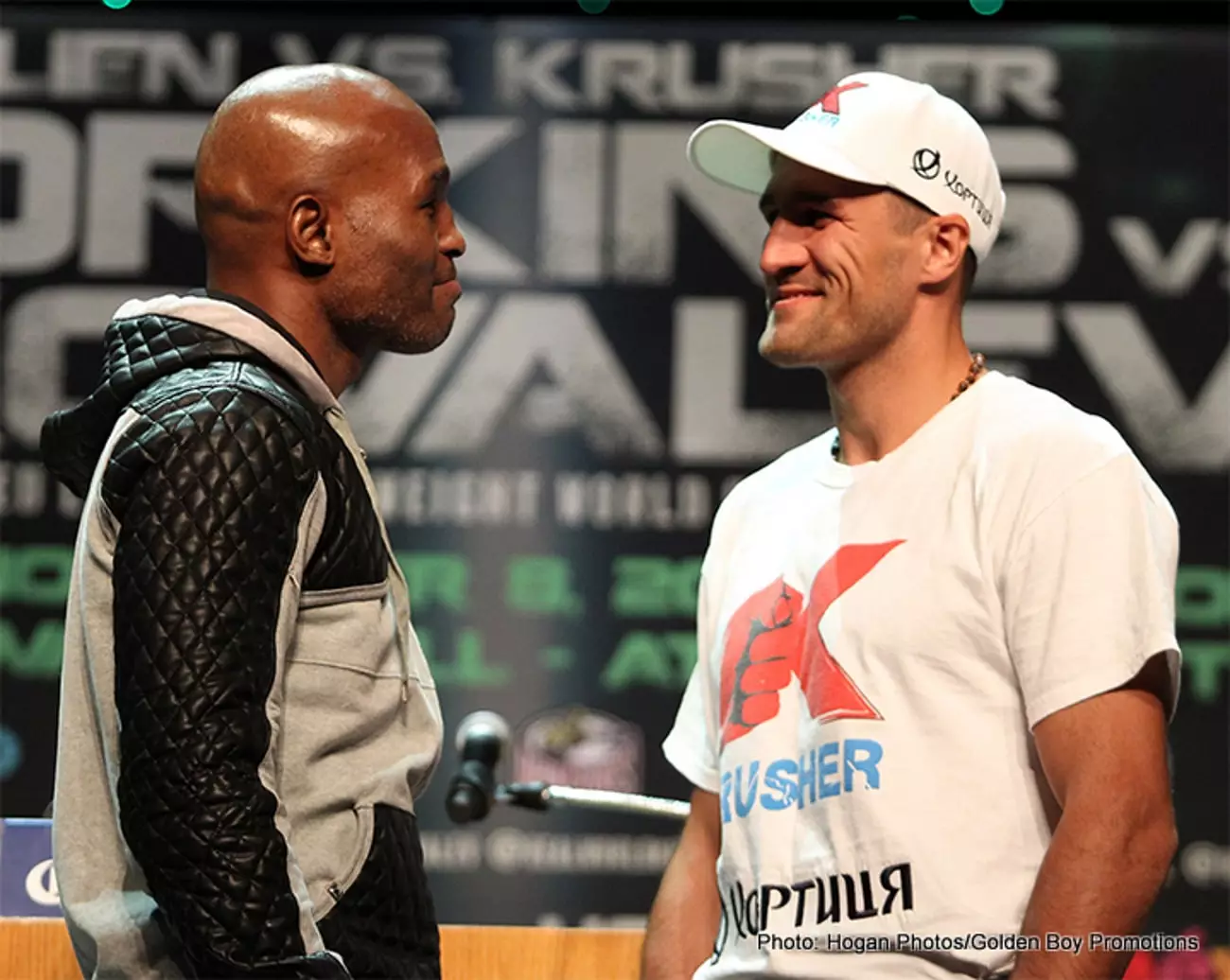The world of boxing has constantly been a breathtaking arena of clashes, showcasing the prowess and endurance of magnificent fighters. One of the most compelling stories has been that of Bernard Hopkins, a man who epitomized resilience and skill in the sport. As we reflect on the 10-year anniversary of his notable bout against Sergey Kovalev, it provides an opportunity to analyze not just the fight itself but the larger implications of that moment in the careers of both fighters.
In boxing, age often plays a critical role in performance, with youth and vigor typically trouncing experience as the natural order. However, Bernard Hopkins was not an ordinary fighter. At age 49, the Hall of Famer was stepping into the ring against Sergey Kovalev, a prime counterpoint at 31 years and boasting an impeccable record devoid of losses. Hopkins had long been a force to be reckoned with, having previously outmaneuvered younger champs like Kelly Pavlik and Jean Pascal. However, taking on Kovalev, who at the time was living up to his name as ‘The Krusher’ with an alarming number of knockouts, was seen as an audacious gamble.
Fans and analysts alike held their breath, wondering if Hopkins had overstepped his bounds in what was perceived to be an ill-advised encounter against a rising superstar known for his sheer punching power. The moniker of the event, “Alien Vs. Krusher,” signified the clash of two different worlds—one representing experience, guile, and history, while the other radiated youthful vigor and ferociousness.
The Fight Itself: David and Goliath?
As the bout initiated at Atlantic City’s Boardwalk Hall, spectators expected fireworks, clamoring for a dramatic confrontation. Instead, what unfolded was somewhat of an anti-climax. Kovalev’s dominance was evident from the first round when he sent Hopkins to the canvas with a solid right hand. That moment was pivotal, shaking the very foundation of what many perceived about Hopkins’ resilience. From then on, the fight turned into a game of survival for Hopkins, who executed a defensive strategy aimed at mitigating the harm inflicted by Kovalev’s speed and power.
The outcome of the match—a unanimous decision victory for Kovalev with scores reflective of a one-sided affair—speaks volumes. Hopkins managed to endure all 12 rounds, but he was outmatched, as evidenced by his timid output and reluctance to engage. The result of 120-106 and 120-107 shows that while the intent to fight bravely remained, the execution was flawed, highlighting the inevitable passage of time and its impact on even the greatest fighters.
Despite this setback, it is essential to recognize Hopkins’ legacy. Many argued that he could have exited the sport on a high note after winning his previous battles. Yet, his desire to test his limits against Kovalev is emblematic of a fighter’s spirit. Many in the boxing community have praised his boldness even as he faced the harsh reality of a young lion waiting to usurp his throne. The irrational boldness to push himself further, while it led to loss, further secured his historic place in boxing folklore.
Moreover, the fight marked not just a transition in Hopkins’ career but also set the stage for Kovalev, who would reap the rewards of this encounter. Stepping into the void left by Hopkins, Kovalev became a three-belt champion, enhancing his profile in a competitive landscape. In his ongoing career, however, he too shared a similar arc as Hopkins—continuing to fight past his peak years, illustrating that the fight game is relentless and unforgiving.
The showdown between Bernard Hopkins and Sergey Kovalev was more than just a contest of fists and strategies; it illuminated the intersection of age, experience, skill, and ambition within the sport of boxing. While Kovalev emerged victorious, the message was profoundly delineated with the struggles faced by both combatants. If nothing else, this encounter captured the relentless spirit that defines boxing—a sport where even the legends must eventually come to terms with their limitations in the face of a younger generation baying for recognition. Reflecting on this anniversary serves as a reminder of both the beauty and brutality inherent in the sport.

